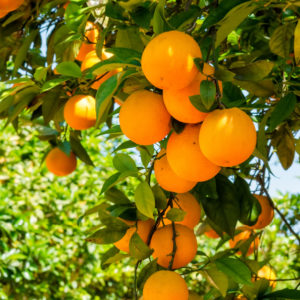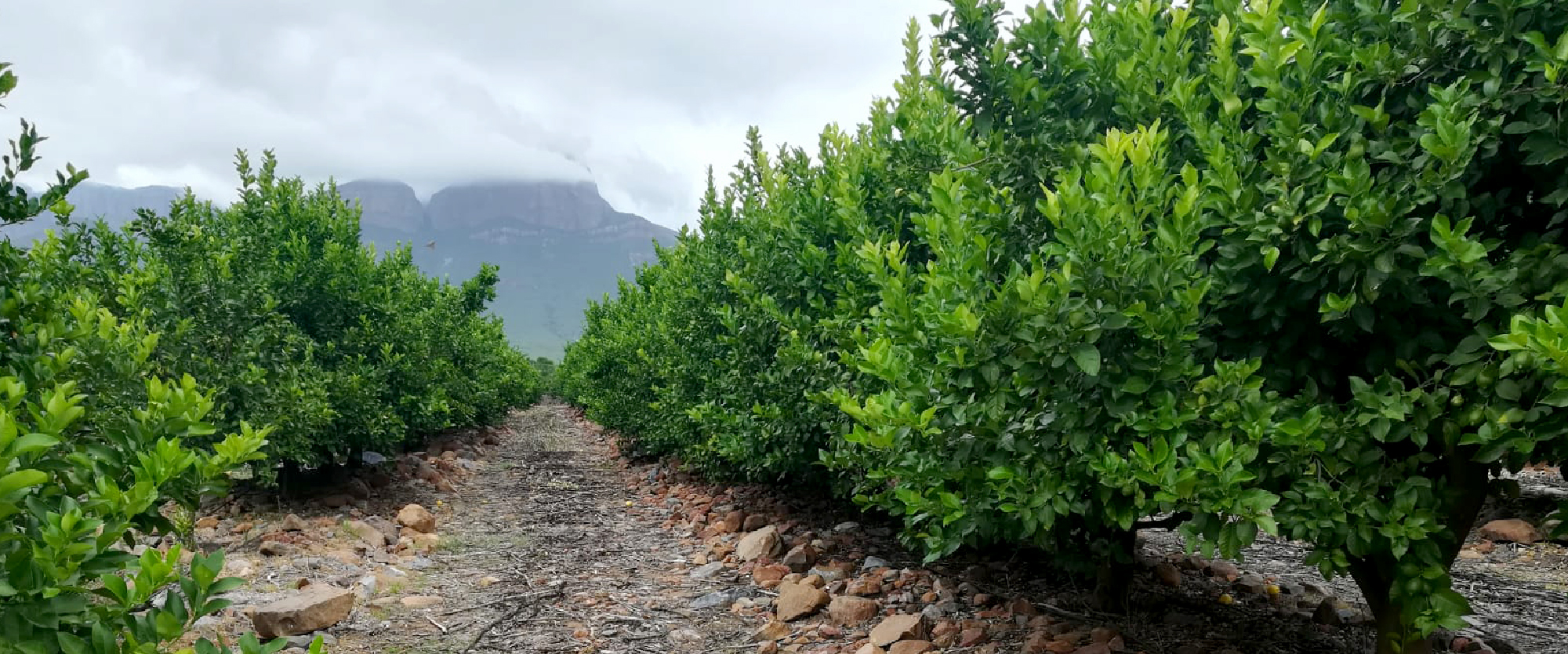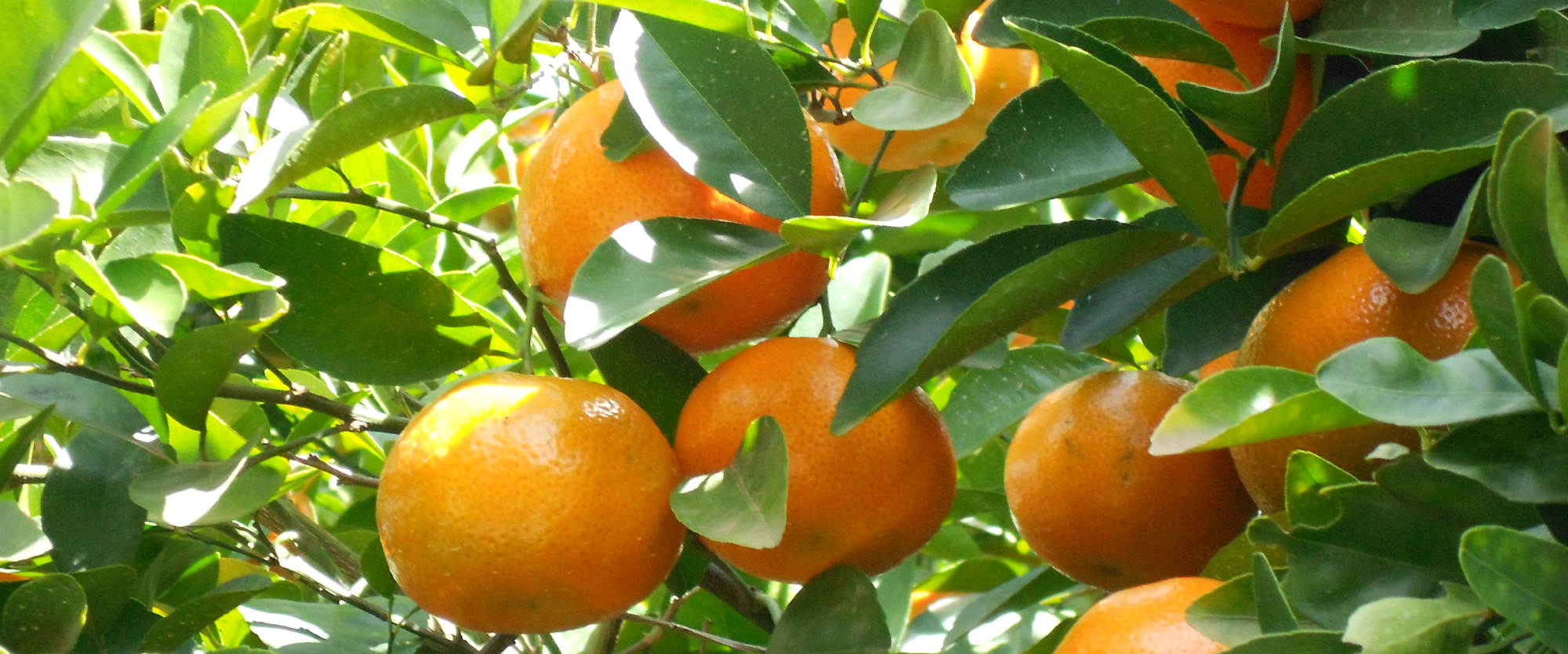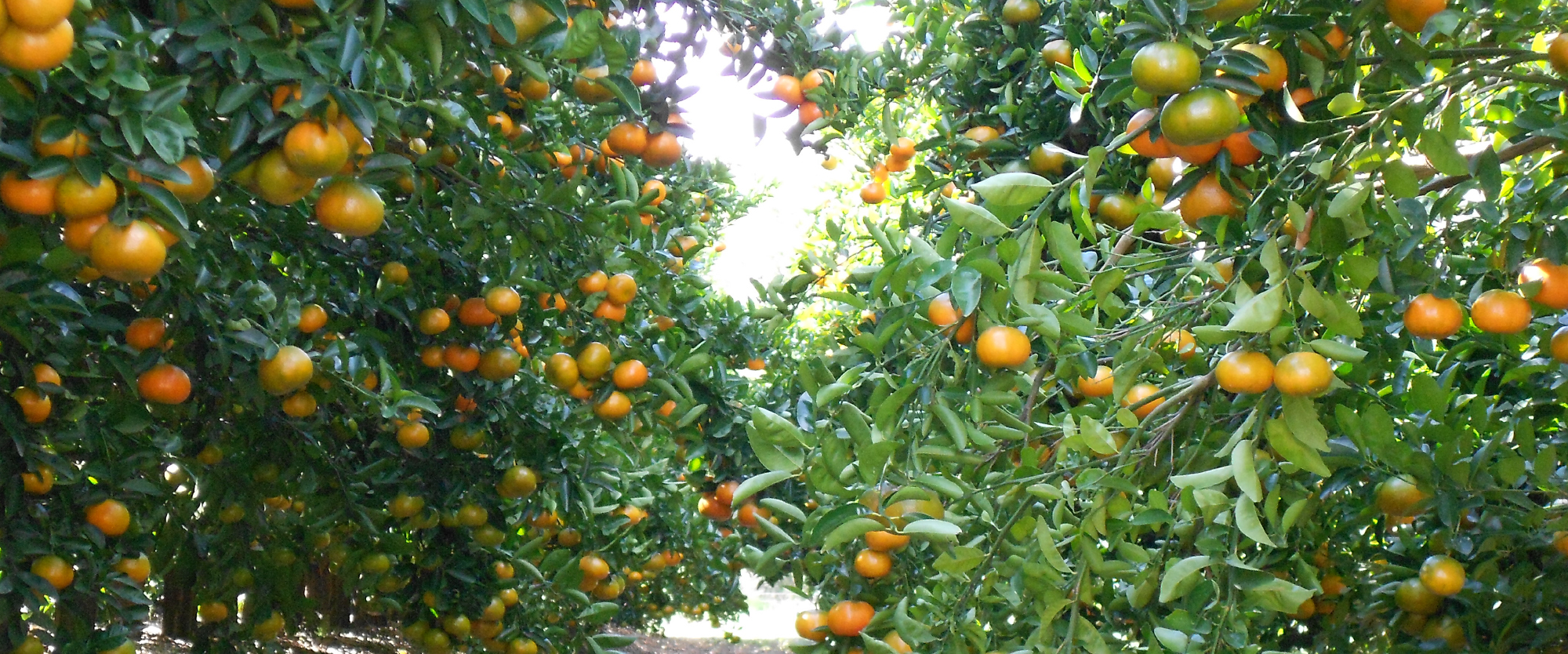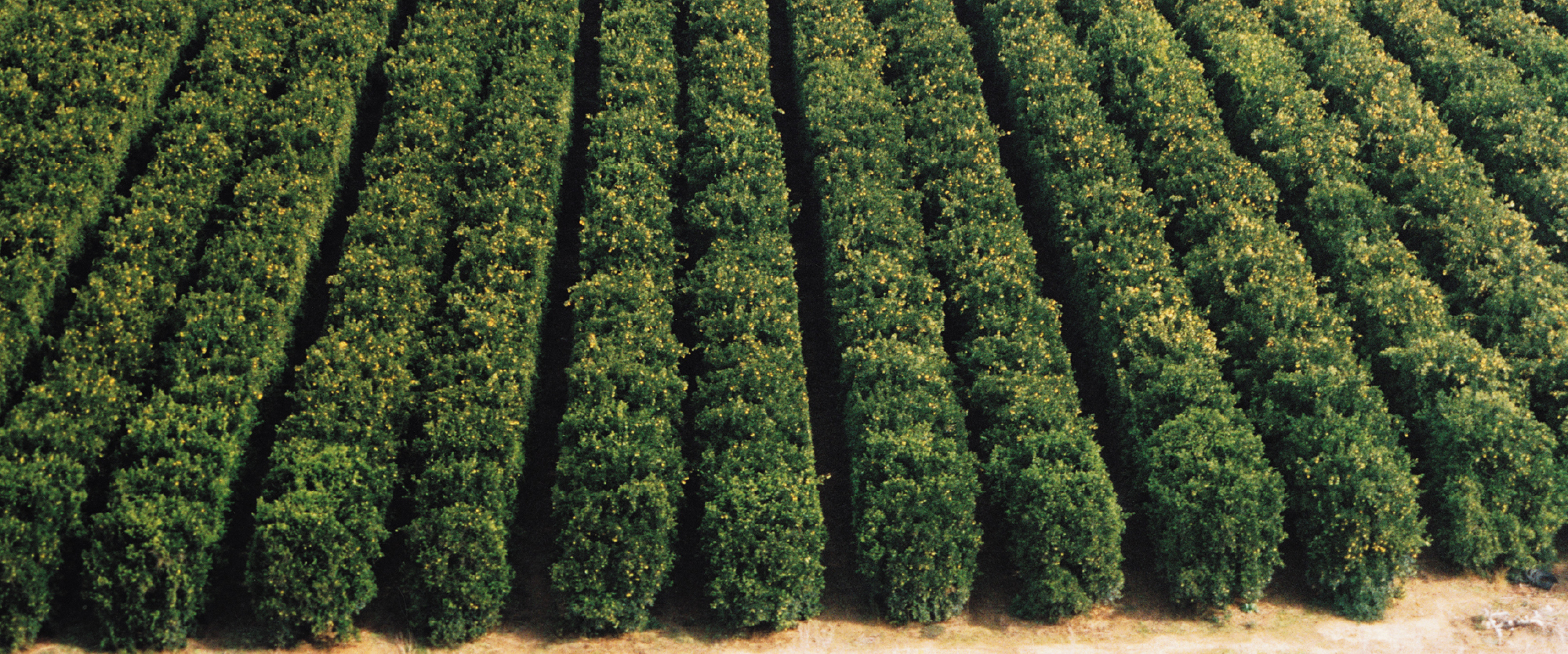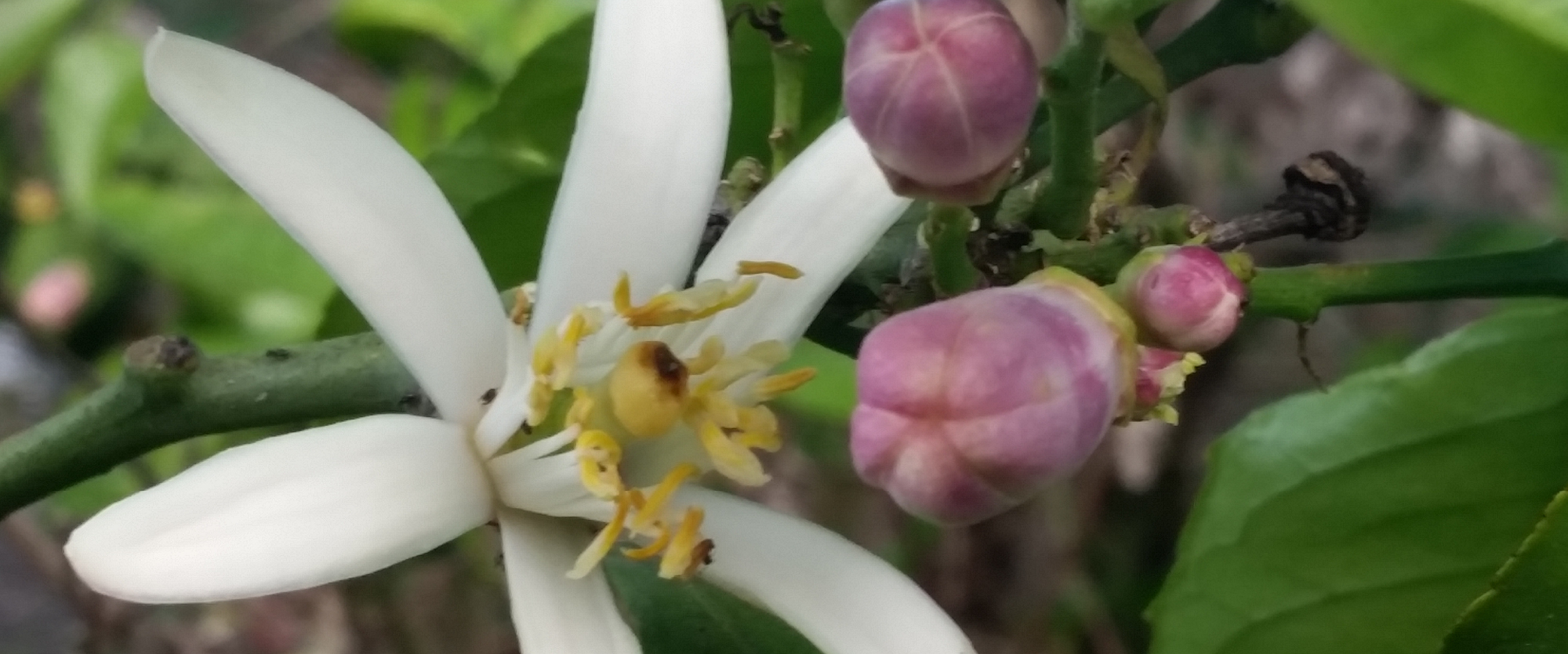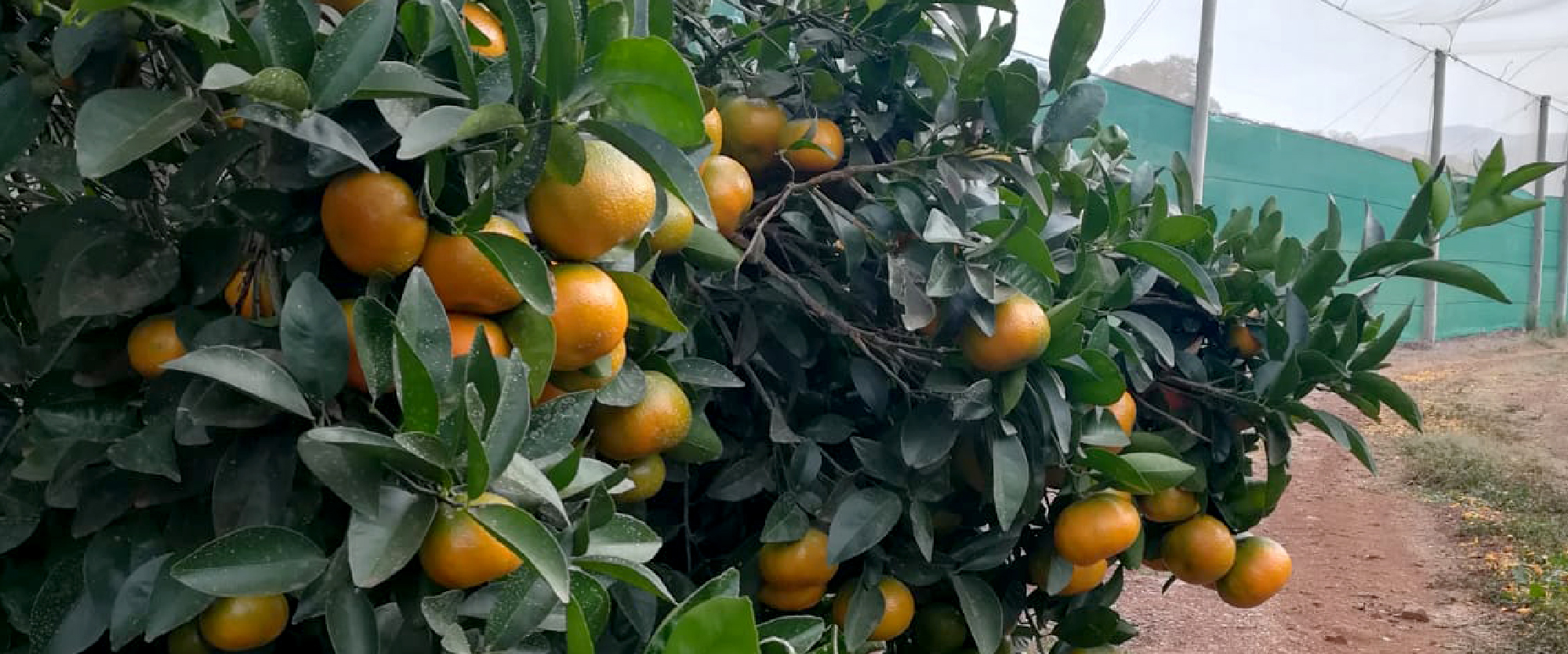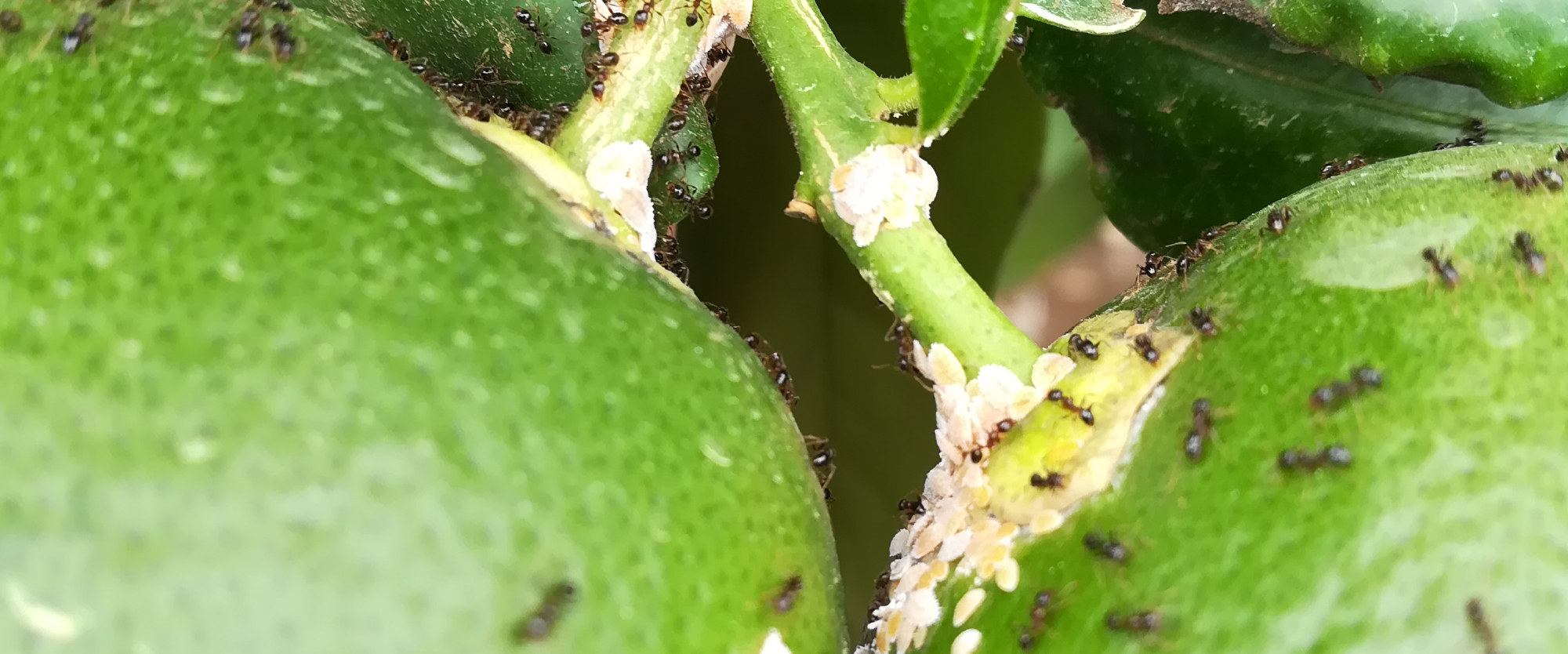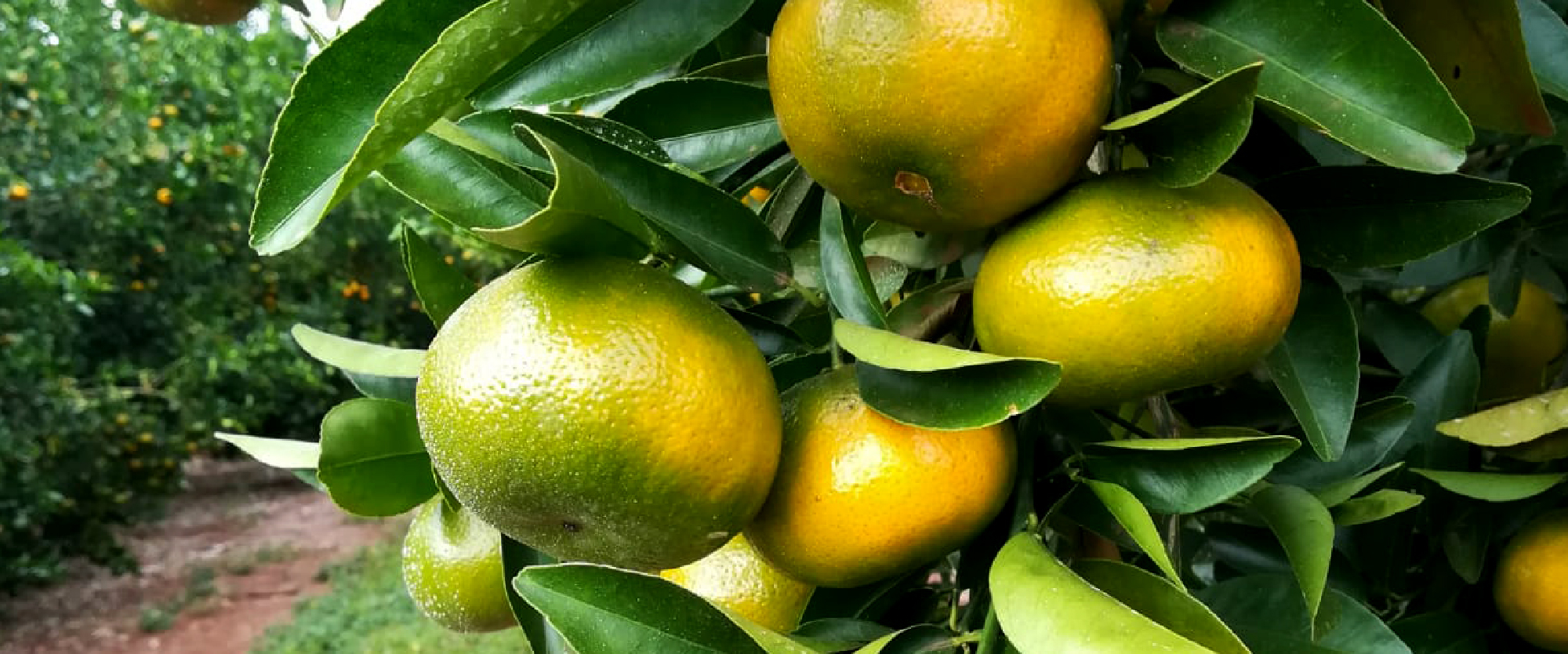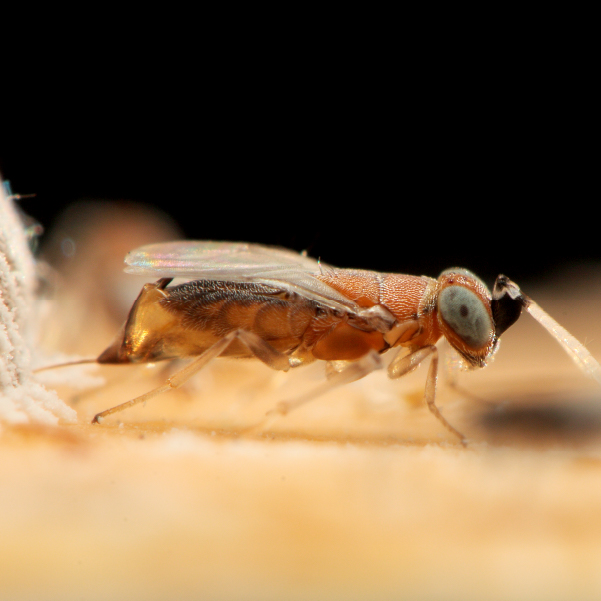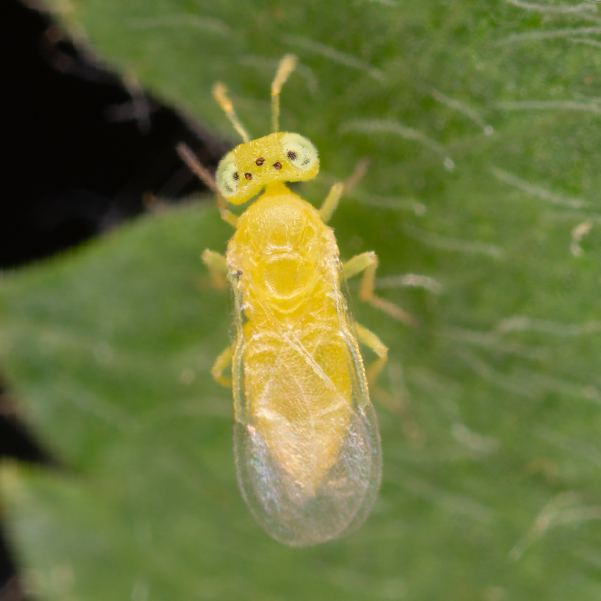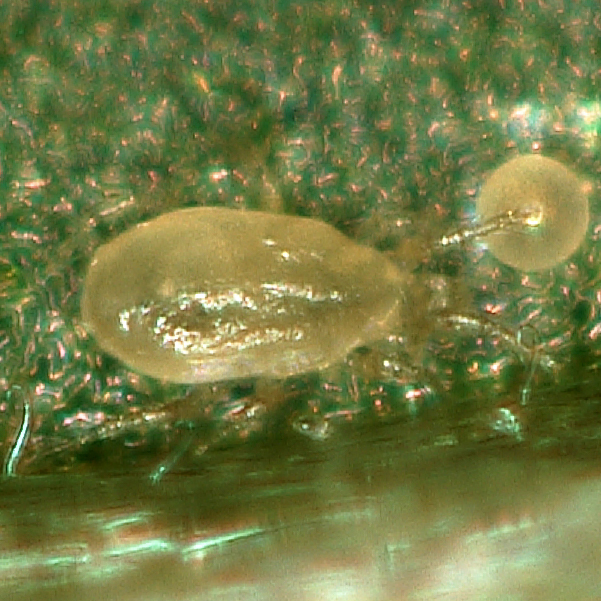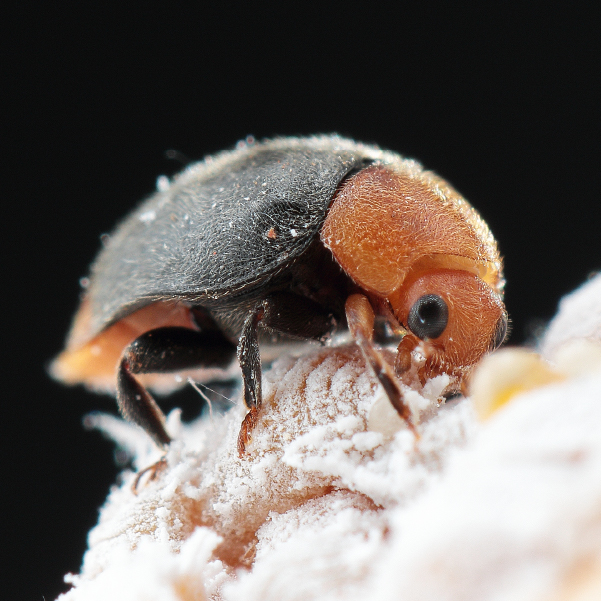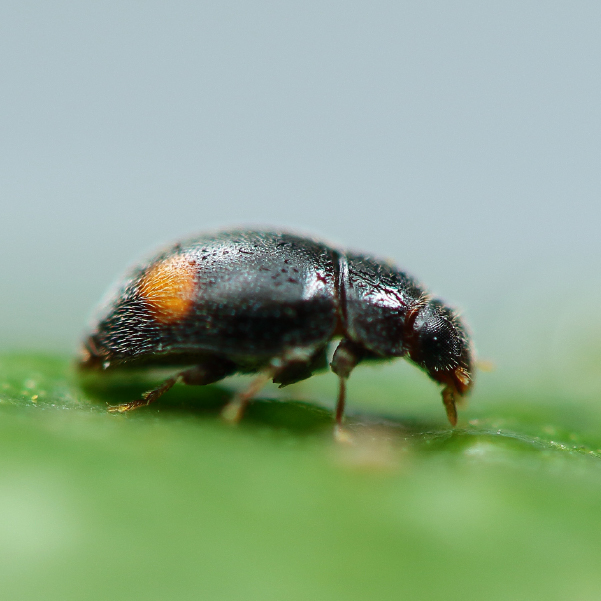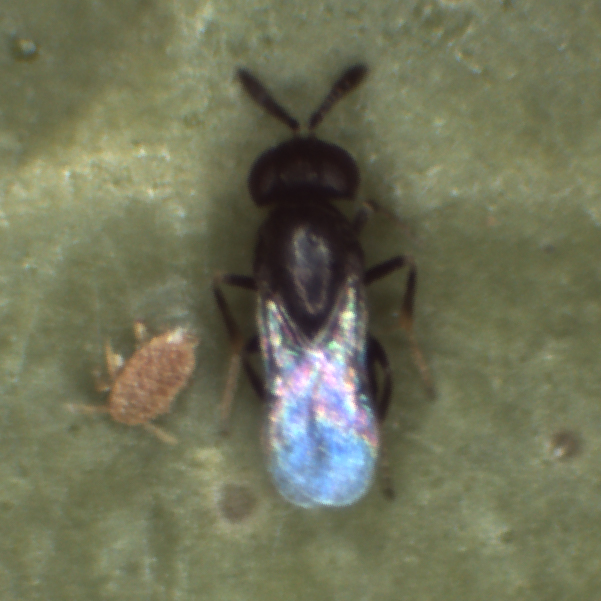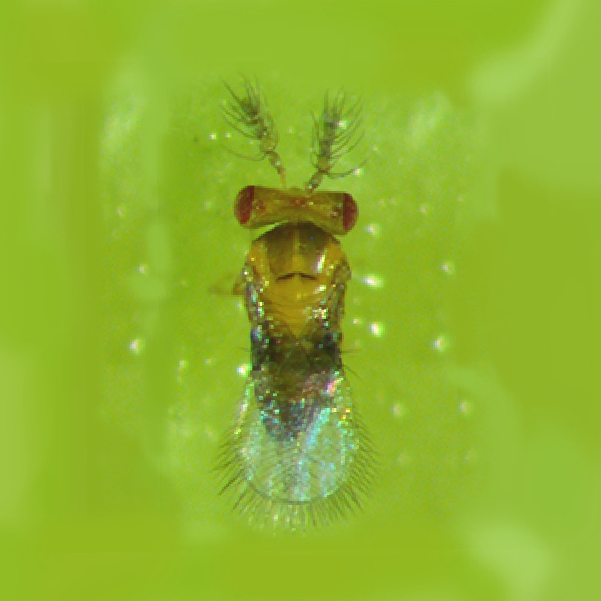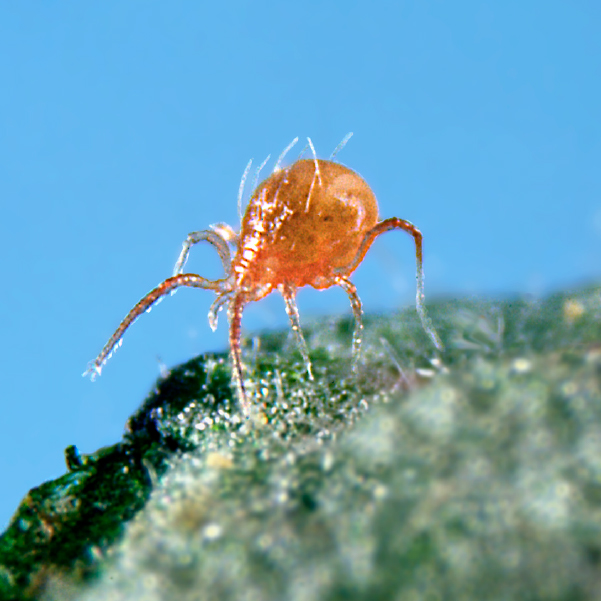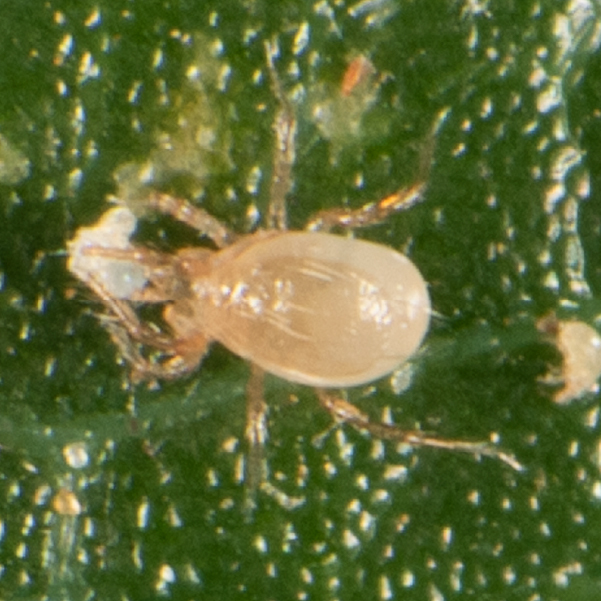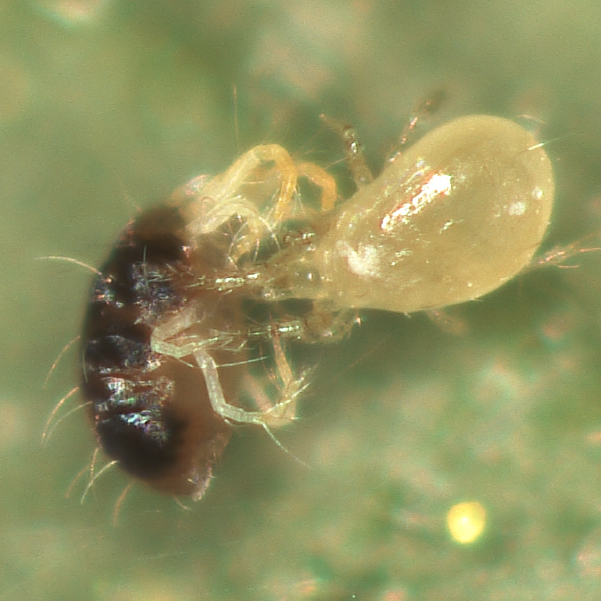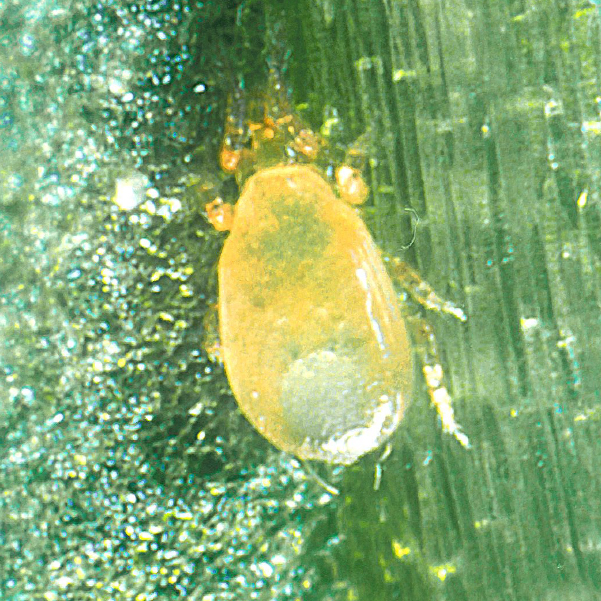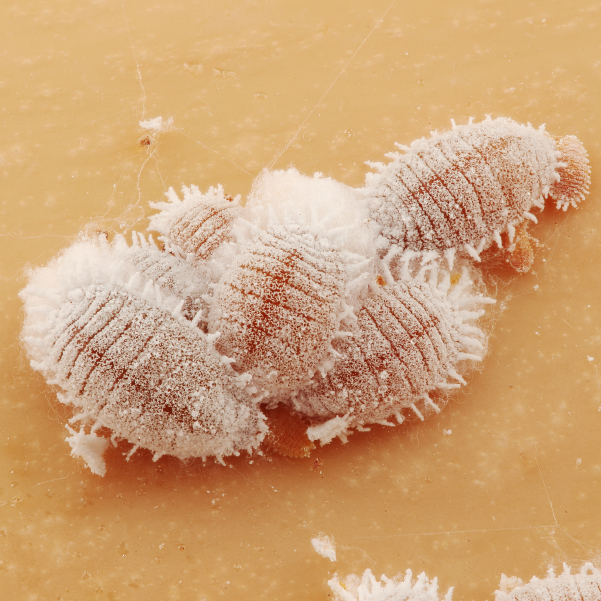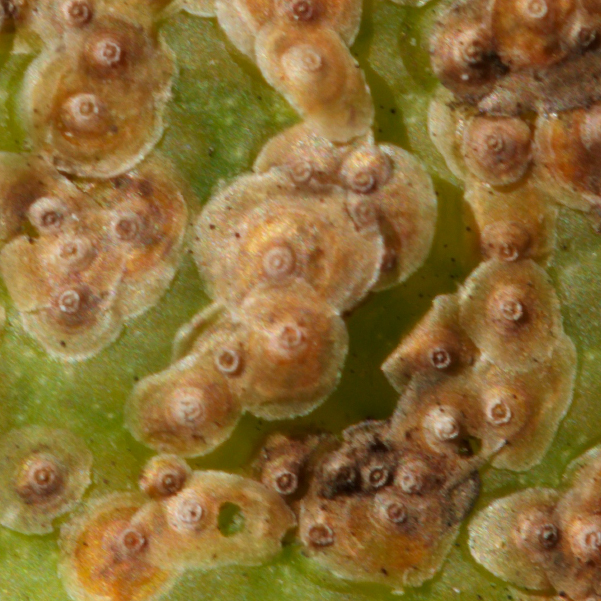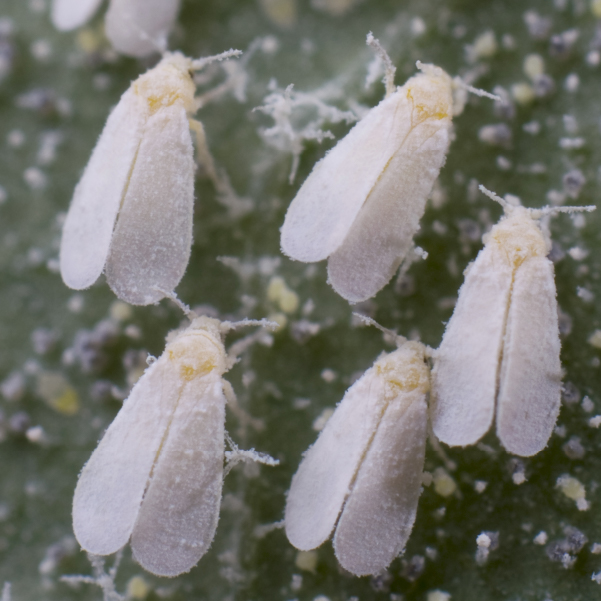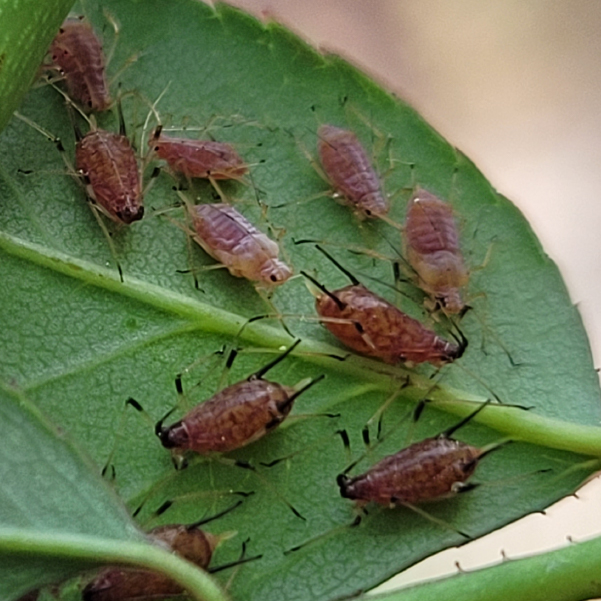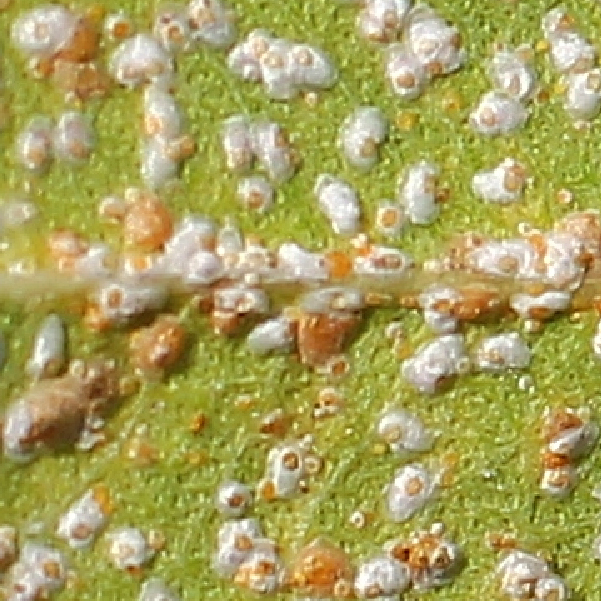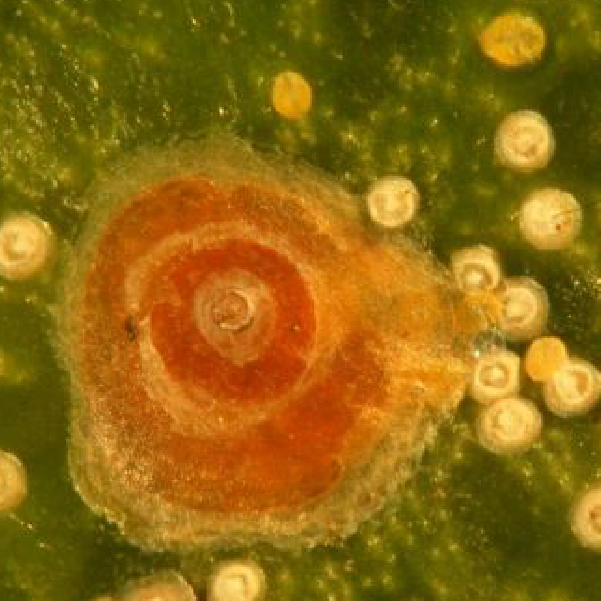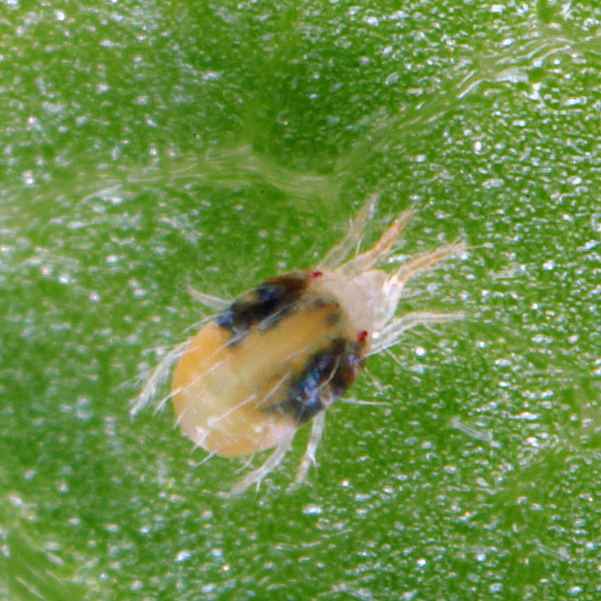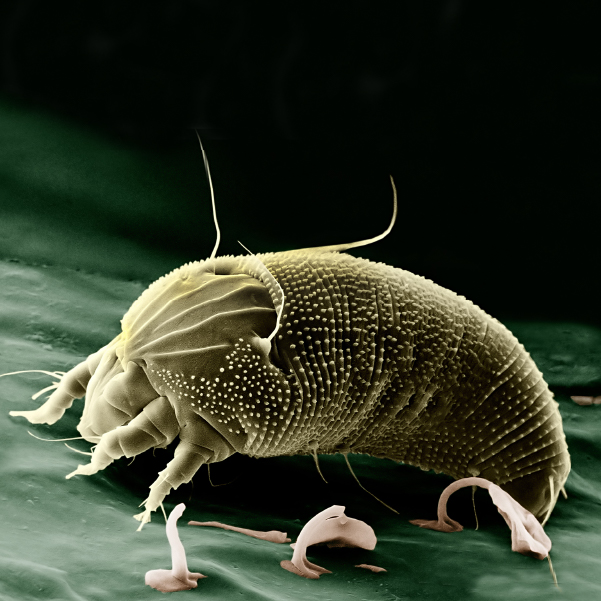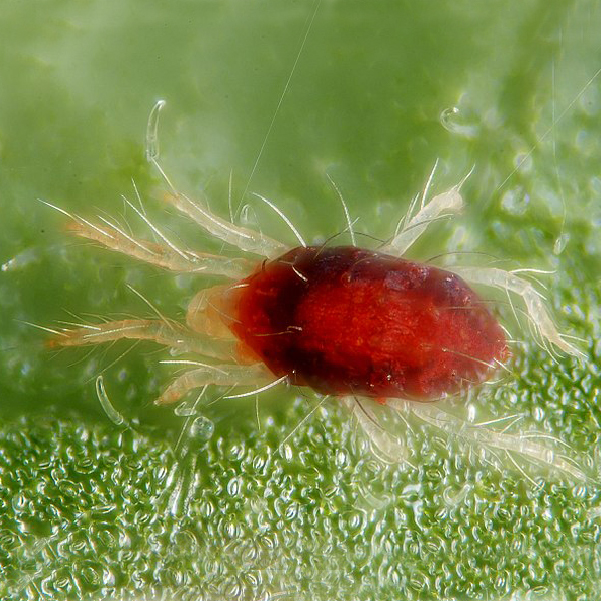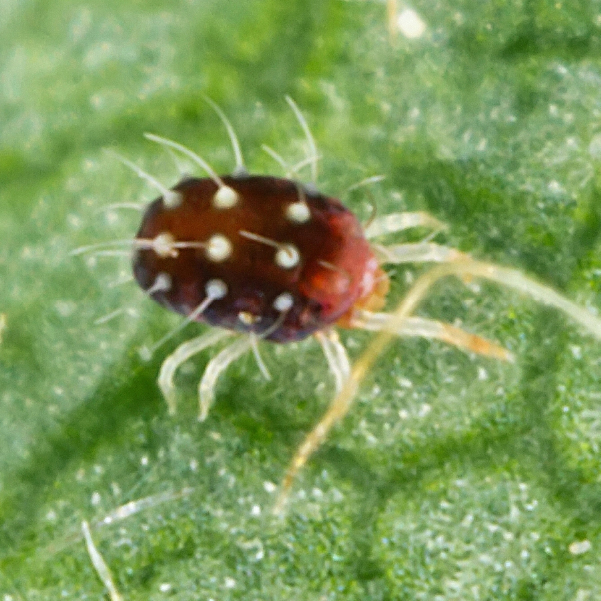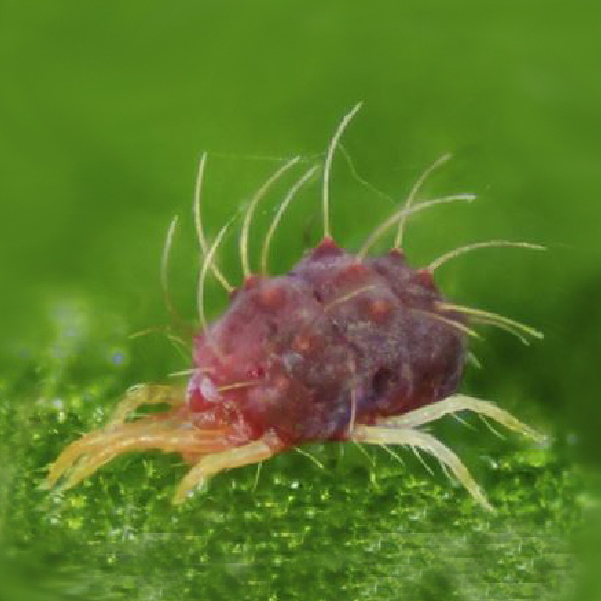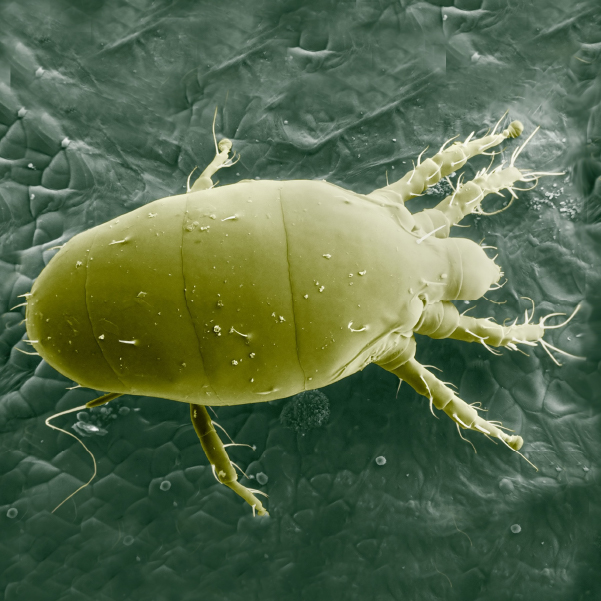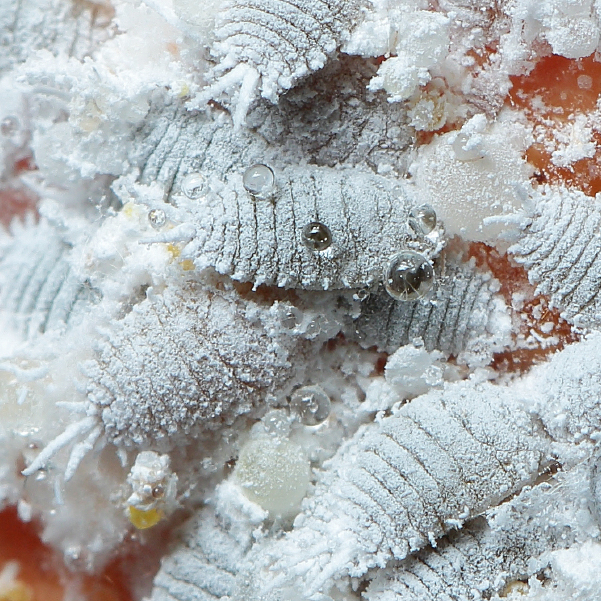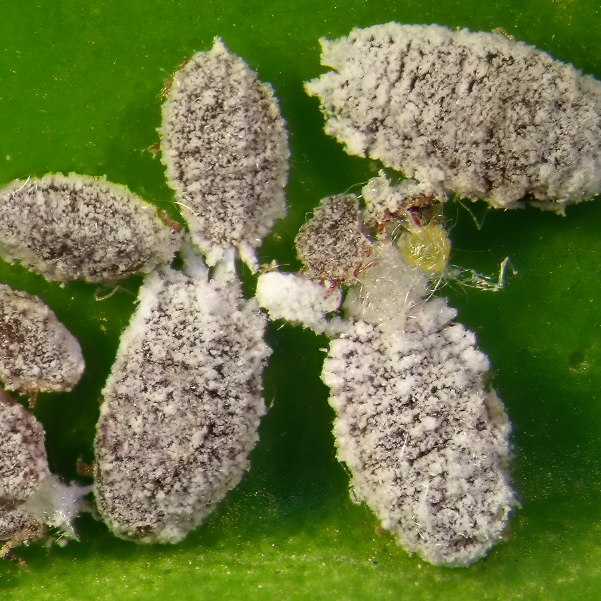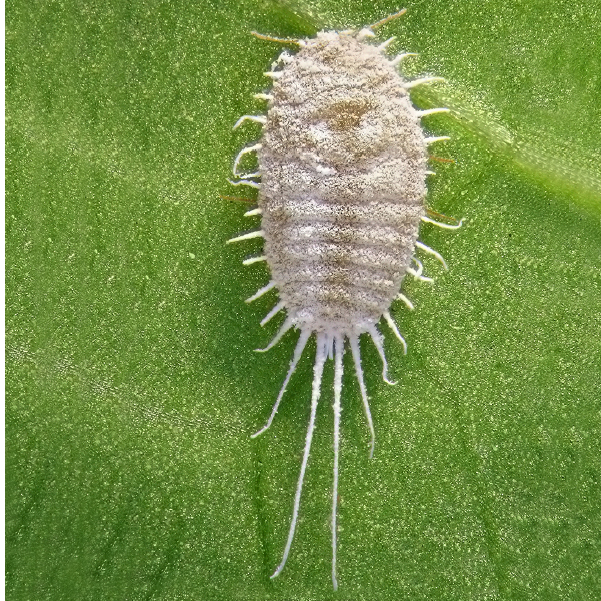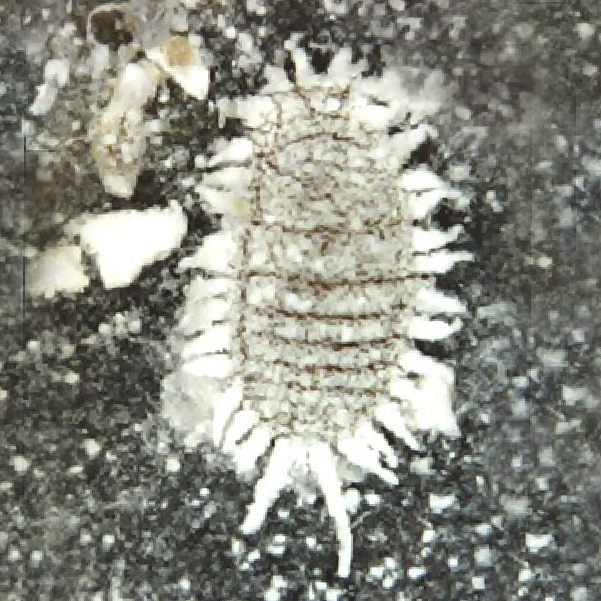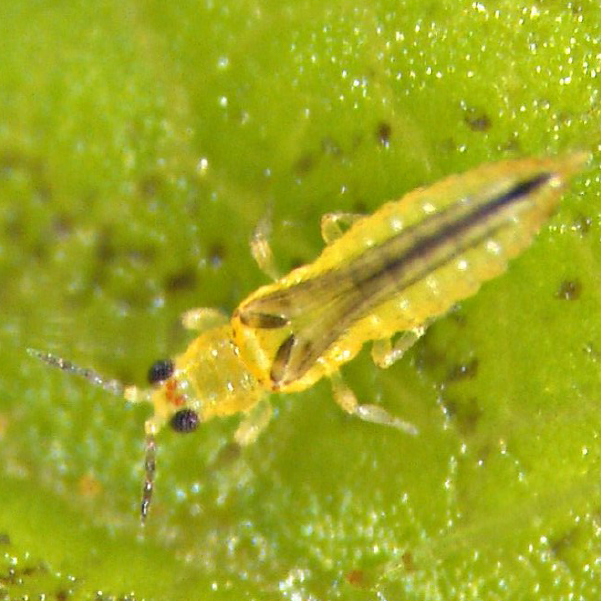Citrus is a genus of flowering trees and shrubs of the Rutaceae family that produce fruit such as oranges, lemons, limes, grapefruits and pomelos.
South Africa has over 60,000 hectares of planted citrus orchards, the most prominent are Valencia and Navel oranges, lemons, limes, Star Ruby grapefruits. Clementine and tangerines/mandarins are grown in smaller quantities.
The South African citrus fruit growers are of particular importance in the global market. Portions of orange and grapefruit orchards are also grown for the juice market.
Citrus orchards are found primarily in the Limpopo, Eastern Cape (particularly near Port Elizabeth), Western Cape and Mpumalanga provinces, but can also be found in the KwaZulu-Natal, Northern Cape and Free State provinces.
South Africa’s ability to supply fresh citrus fruits during the off-season in places such as Europe, the U.S. and Japan, when local growers cannot, has transformed South Africa into an indispensable part of the global citrus fruit market.
South African citrus orchards are particularly vulnerable to citrus mealybug infestation due to several factors, including climate.
Pests and diseases
BioBee’s approach to IPM is multifaceted, employing multiple strategies to achieve the optimal result. In addition to the gradual release of host-specific beneficial insects, BioBee recommends that growers use selective “soft” chemical pesticides. This strategy helps growers transition from using “harsh” chemicals, which are dangerous to the human population and the environment and have long-lasting residues. It has also been proven to increase marketable crop yield, and as a result, increases profits.
With BioBee, growers meet the strict legislation in Europe, the U.S., Japan and other countries regarding MRLs (maximum residue levels), as well as GAP (Good Agricultural Practices) requirements, including GLOBALGAP (a voluntary standard required by many supermarket chains in Europe). Produce grown with BioBee requires minimal pesticide use.
BioBee’s staff is extensively trained in the IPM method, and works directly with growers to produce a tailor-made IPM program to meet his or her individual needs. This customized program is successfully implemented with the ongoing oversight and guidance of BioBee’s staff.
